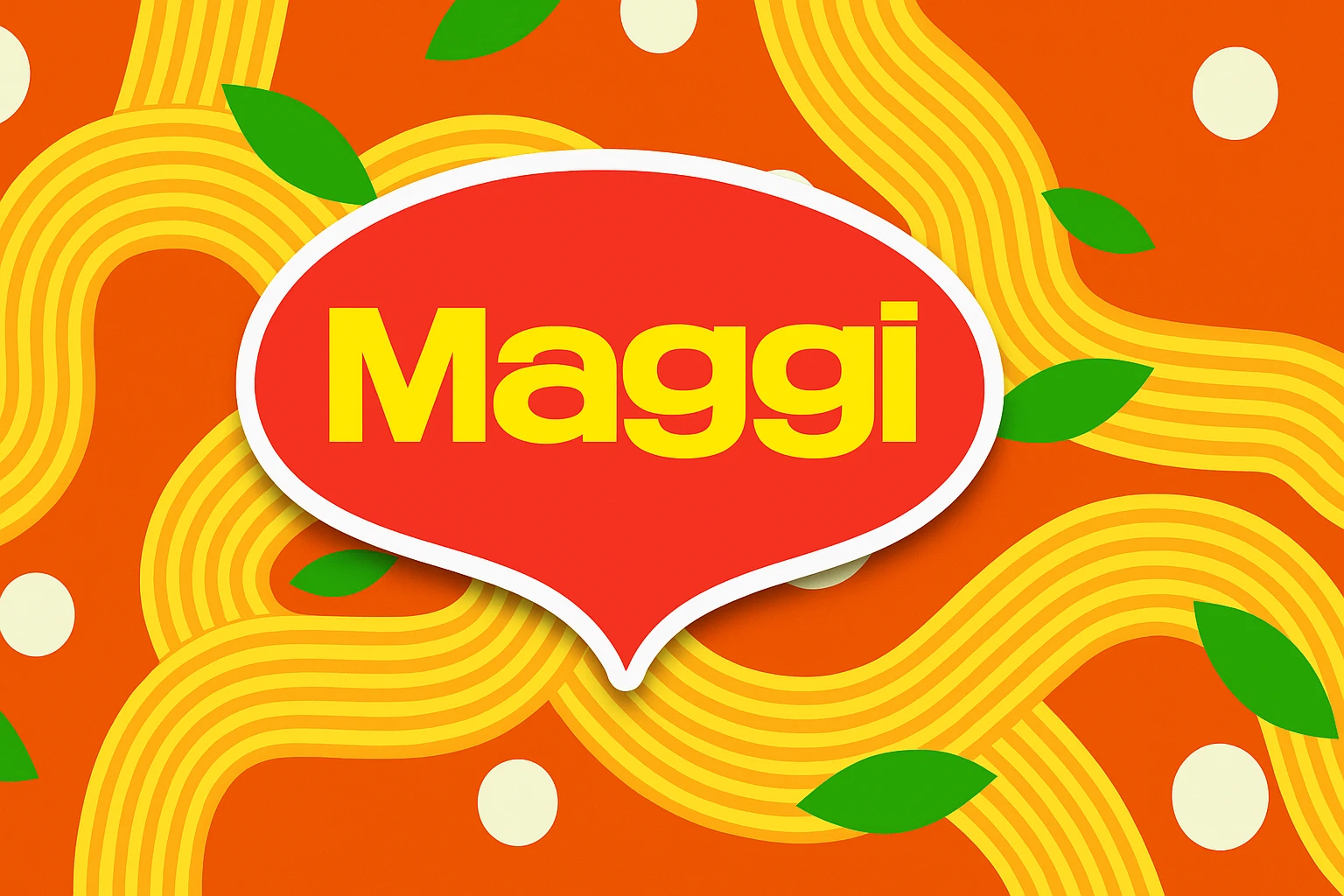The Maggi Comeback Playbook: What Takes Place When Customers Lose Faith in You
When a brand’s reputation is cooked, it’s not the end. It’s the recipe for a comeback.

Table of Contents
When Comfort Food Turns Controversial
Maggi was more than a snack. It was a two-minute promise that combined nostalgia, tradition, and passion. Therefore, trust was lost in addition to noodles when the FSSAI banned Maggi in 2015 due to food safety concerns. This wasn't a PR problem for Nestlé. It was a serious identity issue.
The first reality of brand strategy:
Every brand has the potential to lose consumers' trust. How you react when it occurs is what counts.
Silence is the Real Killer
When a crisis arises, most brands opt to remain silent and wait for the storm to pass. Silence, however, sounds guilty when it comes to branding.
Maggi didn't conceal herself. They continued to be visible, communicated directly, and repeated a straightforward message:
“We’re cooperating, testing, and working to regain your trust.”
It had nothing to do with clever marketing. It has to do with taking responsibility. Their first move towards healing was to choose "to communicate rather than retreat."
Fix the Root, Not the Rumour
Nestlé resumed work before a single advertisement appeared. They obtained FSSAI reapproval, conducted fresh testing, and reapplied for safety clearances.
They worked their way out of problems rather than attempting to talk their way out. For every B2B brand or enterprise facing internal or public distrust, this is the golden move:
Fix visibly. Communicate clearly. Then let proof do the talking.
Talk Like a Human (Not a Press Release)
When the crisis hit, Maggi didn’t go on the defensive. They kept communication open, calm, and transparent.
Rather than pointing fingers, they told consumers and regulators the truth: “We’re testing, we’re cooperating, we’re fixing it.”
That tone of responsibility, not resistance, did more to restore trust than any slogan could.
They didn’t deny the issue; they addressed it head-on.
Mirror the Emotion: The “We Miss You Too” Moment
When Maggi disappeared, India did not simply go on. People expressed their nostalgia by tweeting, posting, and texting "We miss Maggi."
The brand listened. When Maggi returned, it responded with three simple words: "We miss you too."
That wasn't simply advertising; it was an acknowledgement. A human response to a deeply human feeling.
They didn’t restart a product. They reignited a relationship.
The Best-in-Class Comeback: Why It Worked
They regained nearly 60% of the market share within a year after being prohibited.
Here's what makes it the best-in-class comeback:
They didn’t deflect. They took responsibility.
They didn’t hide. They communicated openly.
They didn’t market. They connected emotionally.
They rebuilt what money can’t buy: Trust.
And this is what distinguishes surviving brands from enduring ones.
The Takeaway: A Brand Crisis Is a Strategy Test
Every business will have its own Maggi moment. When trust falters, performance suffers, or perception deteriorates. What matters is not the magnitude of the issue, but the quality of your communication.
To ensure brand survival:
✅ Acknowledge the problem publicly.
✅ Fix it transparently.
✅ Listen to what your audience feels, not just what they say.
Because when businesses stop communicating, trust stops listening.




